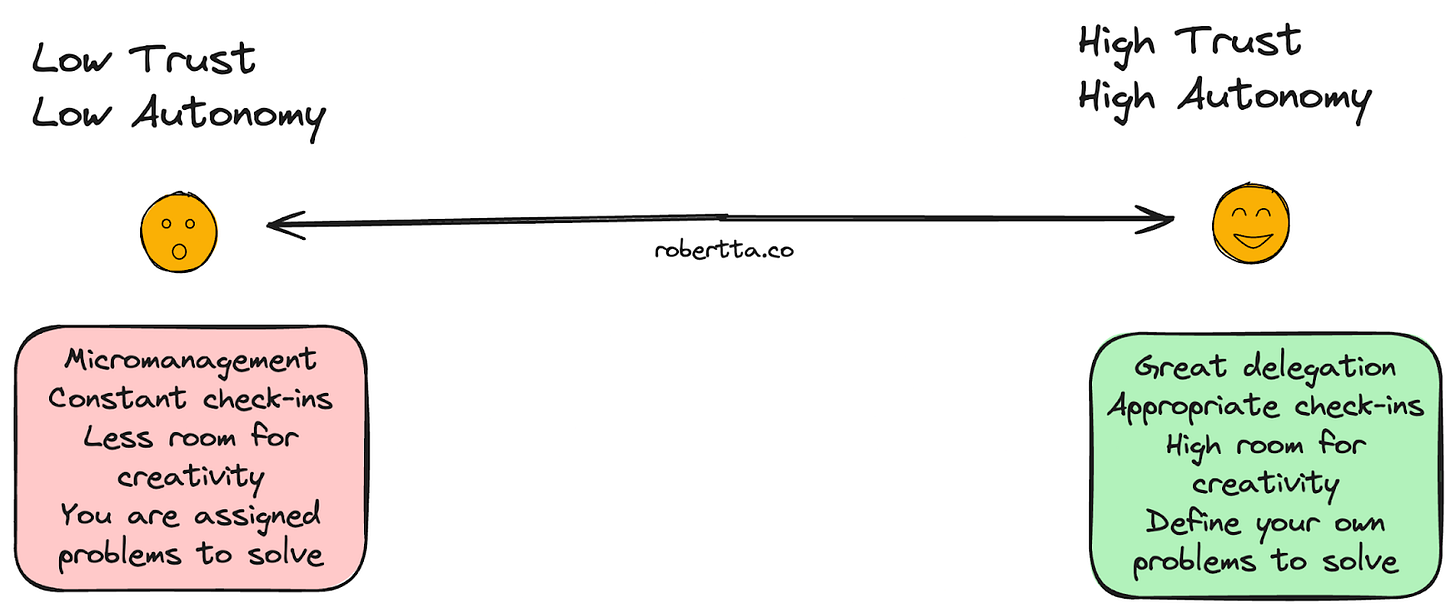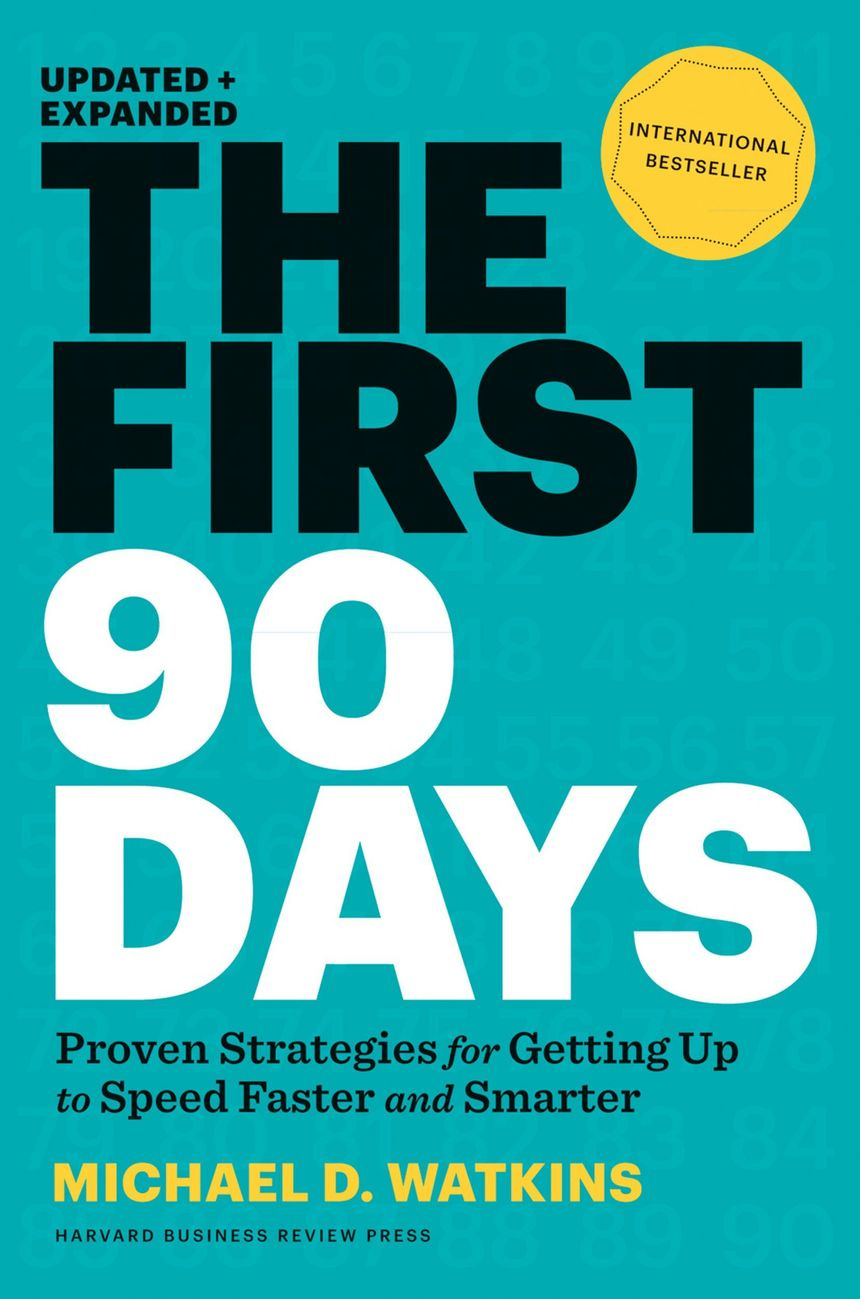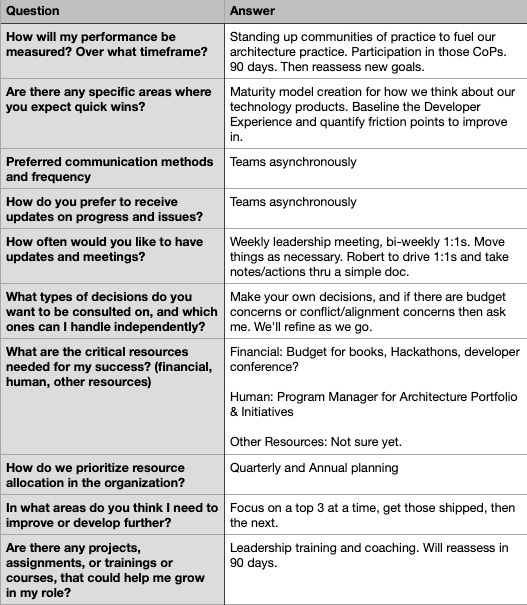Intro
In today’s fast-paced product world, being skilled in product management isn’t always enough. To thrive, you need to manage beyond your product team. This is where managing relationships with senior leaders becomes a crucial skill.
This week we have a guest with us, Robert Ta, Senior Staff Product Fellow at Dayforce, a leading HR & Payroll SaaS company. Robert has deep expertise in leading product teams, launching multi-million dollar SKUs, and is a huge advocate for essential skills such as empathy and emotional intelligence to maximize impact.
Robert will share actionable insights to gain more autonomy in your role and strengthen your influence in your organization. Let’s get straight to Robert and learn from his experience as a product leader.
“Managing up”
What is that?!!?
That’s a thought I had when I was early in my Product career.
Fast forward: I’ve been a high-level IC, reporting directly to senior leaders managing orgs of 1500+ people. I’ve also been a startup CEO with 15 direct reports.
Early in my career, as a consultant, I managed 10 clients at once—big names like LinkedIn and Hulu. Overwhelmed, I dropped the ball on stakeholders, roles, and performance.
My manager had to step in and micromanage.
I hated it.
I realized I had to systemize my approach to stay sane, and maintain a good relationship with my manager and my clients.
So, I treated my manager like a client. They became a customer of my work, just like my clients.
Things got better immediately after that switch!
And I also messed up a LOT during my early stage startup life as a Founder: I didn't teach my teammates the best way to check in on what they're working on.
It led to a lot of chaos and slower delivery.
Then I realized I had to teach my team to manage up just like I had to learn how to systemize my own approach early on in my career.
In both scenarios, miscommunication led to misaligned expectations which led to poor performance and productivity.
More importantly, it led to bad feelings (“Why aren’t they getting this done? Why am I the only one working so hard?”) which threatened trust.
And that matters because we're all human at the end of the day.
In both scenarios, things immediately improved once we had the right systems in place, with the right feedback loops.
Because of these experiences, I’ve learned that “Managing up” is a necessary skill for your career - both as an individual contributor and as a manager.
Seriously.
Sounds complex?
It doesn’t have to be.
Done well, it can take your product (and career) to the next level.
Done poorly, it could lead to missed opportunities, miscommunication, misaligned expectations, and stifle careers.
But don’t worry, I’ve got you covered (because I’ve been there too)!
Want Autonomy in Your Work? Here’s How Managing Up Helps You Get There
Everybody wants autonomy in their work.
So how do you get that?
The answer: You build trust with your boss over time so that you get a longer, and longer leash until you get to work on the problems you want to work on. (it’s more nuanced than this, but in general this holds true)
It’s possible.
I’ve been there many times in my career.
Remember: Managing up isn’t just about keeping your boss happy—it’s also about getting space to do your best work with less micromanagement.
Tool 1: Start by asking yourself these 3 key questions to align with your boss
These are the 3 key questions I ask myself for any leader I report to.
It has helped ground me in my career and has allowed me to build great relationships with my people managers.
If you know the answer to these questions, they will trickle to everything else.
The 3 Key Questions
"What are my leader's priorities, and how is their performance judged?"
This matters because aligning your work with your leader’s goals ensures you're both rowing in the same direction.
When their success is your success, it opens doors for faster decision-making and greater trust.
"How can I make my leader look good to their leaders and peers?"
Look, we’re all humans.
And all humans want to look good in front of their own leaders and peers.
Your leader is no different.
Your leader’s reputation impacts the entire team. When you help them shine in front of their boss and peers, you gain more trust and make your organization look good.
A virtuous cycle!
"How can I make their life easier?"
Leaders are juggling priorities—if you can lighten the load, they’ll trust you more and give you more autonomy.
Remember, they probably have a ton of balls up in the air.
You’ve probably experienced how they forget what they said to you in some meetings. That’s normal.
Why?
Because they have a ton of meetings every day with people pitching them things, herding cats to get things done, etc. (that’s another topic, for another day)
So lighten their load and make their life easier.
Plus, being seen as a problem-solver, not just a problem-identifier, positions you as indispensable in the team (AKA, minimize the chances you will be laid off and maximize the chances you will be promoted).
And that leads to my next actionable piece of advice…
Tool 2: Make a Boss Agreement
Just this past year I’ve started making a “Boss Agreement” with my people leader so that we’re transparent on the big things that matter for our relationship.
I wish I had done this sooner!
I pulled this idea from a great book, “The First 90 Days” by Michael Watkins, which is all about role transitions and how to set yourself up for success. I highly recommend you read this book.
Here’s an example of mine, for a high-level IC role reporting to an SVP of Engineering:
I created this over the course of 2 intentional meetings, and it helps with transparency over what success means, how we will work together, what decisions I need to uplevel, and more.
I highly encourage you to do the same.
Here’s a link to the template.
Tool 3: The Progress Report
Here is one of the best pieces of advice I ever got for my career: make a Progress Report for your manager.
Simple, and highly effective.
If you remember nothing else from this, just use this one tip and your relationship with your manager will evolve to high trust.
Every two weeks, write up a small report with the following…
What Problems I Worked On
What Business Value I Delivered
What I Can Use Your Help With
Why is this important?
Two reasons:
Alignment and Trust: It keeps you and your boss on track and aligned to what’s important immediately and ties it to business value. Your boss has a lot of things to keep track of, and by making it easy for them, your trust and autonomy will grow.
Evidence for Performance: When performance review time comes, you want to make it as EASY for your leader to pitch why you should be promoted and/or have higher compensation. These routine reports will make it easy for your boss to bring evidence to those meetings with their leadership chain.
Sounds simple, and it is.
Do this, and I am positive your career and boss relationship will grow.
You can even do it every week, I just set 2 weeks as that’s the average frequency for most teams working on a sprint schedule.
Example
PROGRESS REPORT 2024.09.17
What Problems I Worked On:
Refined user stories to address feedback around a complex onboarding process, reducing user friction.
Collaborated with engineering to resolve a critical bug causing system downtime during peak hours.
Facilitated a quarterly product planning meeting to get the development team on the same page about what we delivered and what’s on deck for the next quarter.
What Business Value I Delivered:
Reduced customer churn by 2% by optimizing the onboarding flow, leading to smoother user activation.
Delivered a solution to a critical customer bug, and reduced the risk of downtime in the future.
Feedback from teammate: “This quarterly product planning was so great. It helped me figure out what we’re working on next and I feel energized for the future. Thanks for all the work you put in to prep the workshop!”
What I Can Use Your Help With:
Need approval on additional resources to expedite the integration of a key third-party API. → Can you reply to this email chain and say you approve?
Assistance in aligning cross-functional teams on the revised roadmap, particularly with marketing and sales. → Can you help me get connected with any contacts you have in marketing and sales?
Practice all of the above, and you’re on your way to a better relationship with your people manager with high trust, high autonomy, and more fulfilling work environments.
You got this!
🙏Thank you to Robert
Thank you to Robert for sharing his tips on managing relationships with senior leaders!
You can subscribe to Robert’s newsletter, ABCs For Growth, or follow him on LinkedIn, Instagram, Threads, or X.
Connect to Amy on LinkedIn, Threads, Instagram and X/Twitter








Loved the collaboration Amy! You are awesome 😎😊
Hope this helps others!
Love this article!
I’m going to feature it in the next issue of This Week In Leadership (12k subs).